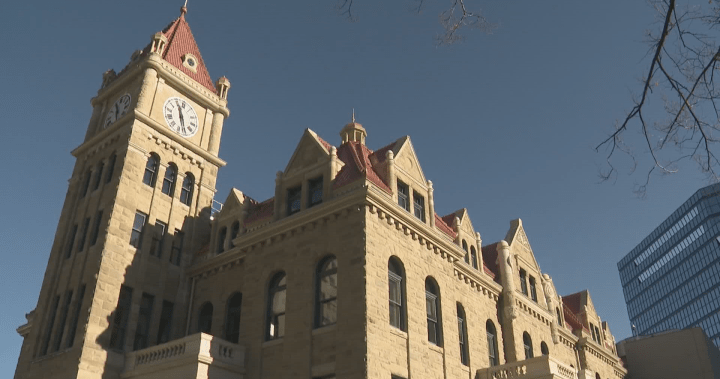Thousands of City of Calgary workers have voted in favor of strike action after negotiations between the union, CUPE 38, and the city resulted in three rejected offers. The union represents “inside workers” such as development workers, bylaw staff, engineering techs, water treatment staff, administrative workers, utility and construction technicians, social workers, and urban planners, as well as around 900 Calgary Police Service civilian staff. The primary concerns of union members include wages not keeping up with inflation and the lack of flexibility to work from home.
In a vote held between May 15 and 16, 4,200 out of 5,600 CUPE 38 members voted, with 89% in favor of strike action. The president of CUPE 38, D’Arcy Lanovaz, stated that members are requesting the ability to work from home for a minimum of two days, with additional work-from-home days to be approved at the supervisory level rather than the senior management level. Negotiations between the union and the city have been ongoing since November, with mediation taking place in March. Despite these efforts, three offers have been rejected and no agreement or resolution has been reached after the most recent meeting with a mediator.
If an agreement is still not reached during work-to-rule action, where union members can refuse overtime and extra duties, the next step would be rotating strikes. Lanovaz noted that there is no set timeline for work-to-rule action, and the situation is continually evolving. The City of Calgary has been contacted for comment, but no response has been provided at the time of reporting. Both parties will need to continue discussions in an effort to avoid any further escalation of labor disputes and disruptions to city services.
The potential strike by City of Calgary workers, who are represented by CUPE 38, highlights the ongoing challenges faced by labor unions in negotiating fair wages and working conditions for their members. The rejection of three offers from the city indicates a significant gap between the expectations of union members and the proposals put forth by municipal management. The desire for increased flexibility in working arrangements, such as the ability to work from home, reflects the changing nature of work in response to the COVID-19 pandemic and shifting attitudes towards remote work.
As negotiations enter a critical phase, both parties will need to find common ground in order to avert a potentially disruptive strike that could impact essential city services. The possibility of rotating strikes adds to the uncertainty surrounding the situation, with no clear timeline for when such action may occur. The inclusion of Calgary Police Service civilian staff in the union’s membership further underscores the broad impact that a strike could have on various aspects of municipal operations. The need for continued dialogue and compromise between the union and the city will be essential in reaching a resolution that addresses the concerns of CUPE 38 members while ensuring the smooth functioning of city services.













